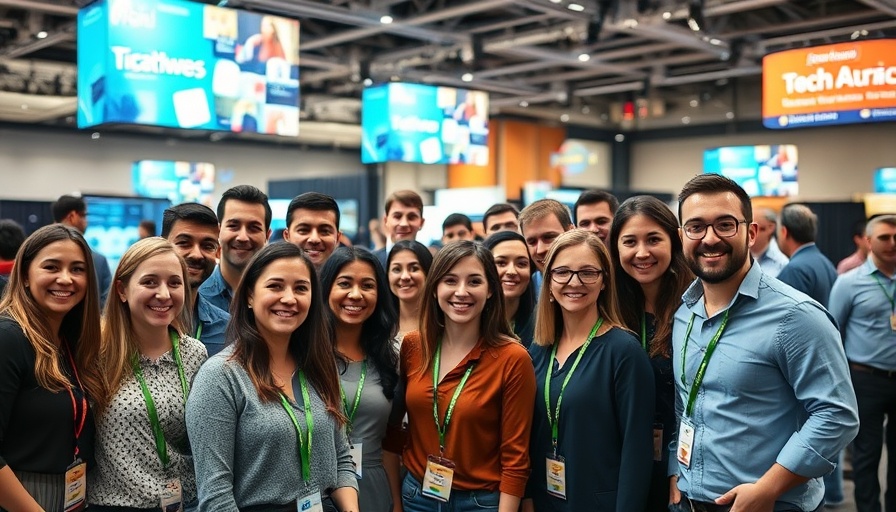
AI in Africa: Bridging the Gap for the Future
As the world embraces the transformative power of artificial intelligence (AI), Africa finds itself at a crossroads. Struggling with critical challenges such as data scarcity, infrastructure gaps, and limited funding, the continent's journey towards technological empowerment is underway. Addressing these hurdles is crucial, and initiatives like the BRAIN Bootcamp are pivotal in fostering AI innovation among African startups.
The Role of Small Language Models (SLMs)
At the forefront of this renaissance is Younes Bensouda Mourri from Stanford University, who emphasizes the potential of Small Language Models (SLMs) in resolving the datasets challenge faced by the continent. Unlike their larger counterparts, SLMs are more efficient, requiring less computational power and infrastructure. This makes them accessible for African startups to harness localized data, thereby creating tailored AI solutions that resonate with their communities.
Capital Funding: Fueling Deep Tech Innovations
In addition to technological adaptations, financing is another keystone in nurturing Africa’s AI aspirations. Programs like Digital Africa have been instrumental in providing support to AI startups, empowering them not just with funds but with knowledge and partnerships essential for scaling their innovations. As Malek Lagha highlights, the collaboration between various partners and investors ensures that African deep tech startups can evolve from scientific curiosity to sustainable businesses.
Showcasing Promising Startups like TanzMed
The latest BRAIN Bootcamp cohort featured several startups, including TanzMed, which is revolutionizing healthcare delivery in Tanzania. By digitizing healthcare services, TanzMed aims to address the severe shortage of medical practitioners by improving access to care through technology. The growth of such initiatives showcases the innovative spirit driving the next wave of tech disruption across Africa.
The Future of AI in Africa: Opportunities and Challenges
With continued investment and adaptation, the future of AI in Africa holds great promise. As the younger generation of tech entrepreneurs engages with these challenges, they're poised to lead the charge in creating smart cities and efficient governance frameworks through AI, fintech, and other technologies. Their ability to navigate local contexts and innovative landscapes will be vital in reshaping Africa's digital narrative.
 Add Row
Add Row  Add
Add 


Write A Comment